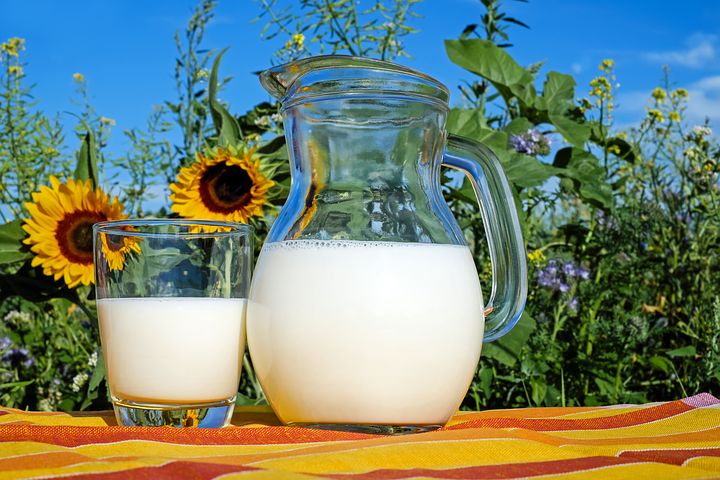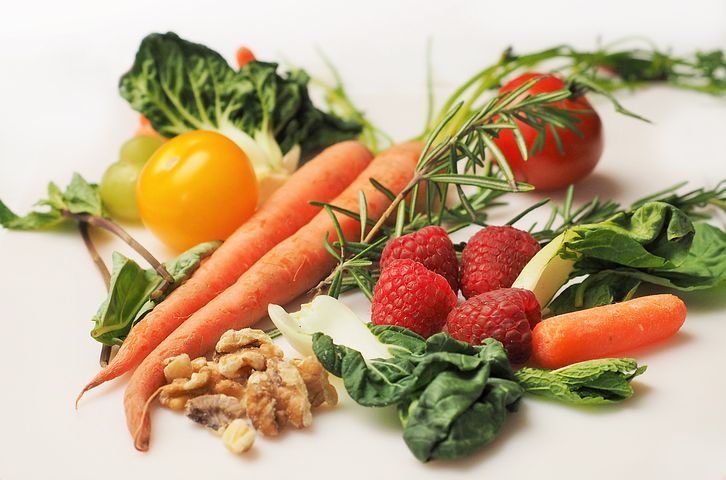Impact of food on Climate Change

Scientists are highlighting the increasing impact of the food we eat on the environment and climate change. As we have said in a previous article on sustainable eating, food is responsible for around 30% of greenhouse gas emissions globally.
Food and agricultural systems
Food also has an impact on water and land systems. At least 70% of freshwater taken from rivers and lakes is used in agriculture. The large amount of agriculture taking place globally creates forest loss and, on the whole, all of this means that our current food system creates 60% of biodiversity loss worldwide.

Six tips according to WWF
The WWF who is actively involved in all aspects of environmental protection and sustainability, has elaborated 6 suggestions for better eating to help the environment. These suggestions include eating more plants, fewer meat, less fats and sugars, a larger variety of food and verifying that food has credible certification. This approach also means common sense and taking care of your health, as well as that of the environment and the planet.

Green eating
The UN defines sustainable eating as ‘those diets with low environmental impacts which contribute to food and nutrition security, and to a healthy life for present and future generations’. In other words, green eating isn’t just about following a healthy diet today – but ensuring that our children and grandchildren can eat nutritious food too.
During this festive season, you may not have realized that what you ate has a strong impact on the future of the planet. We hope that the information gathered in this article and the reference to statements made by the WWF and the UN will help you think and eat responsibly from now on.
